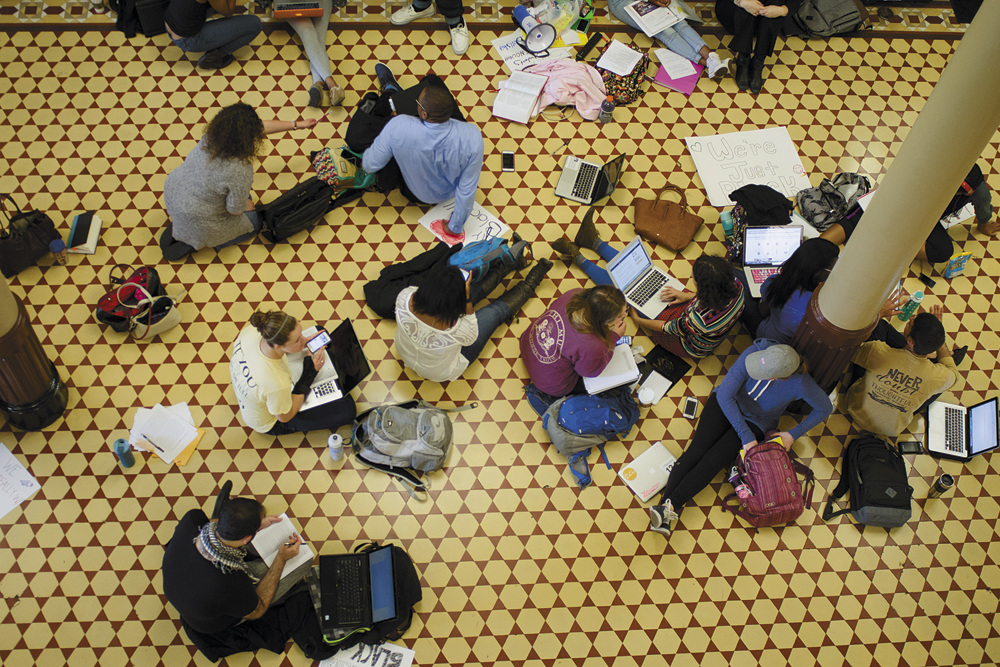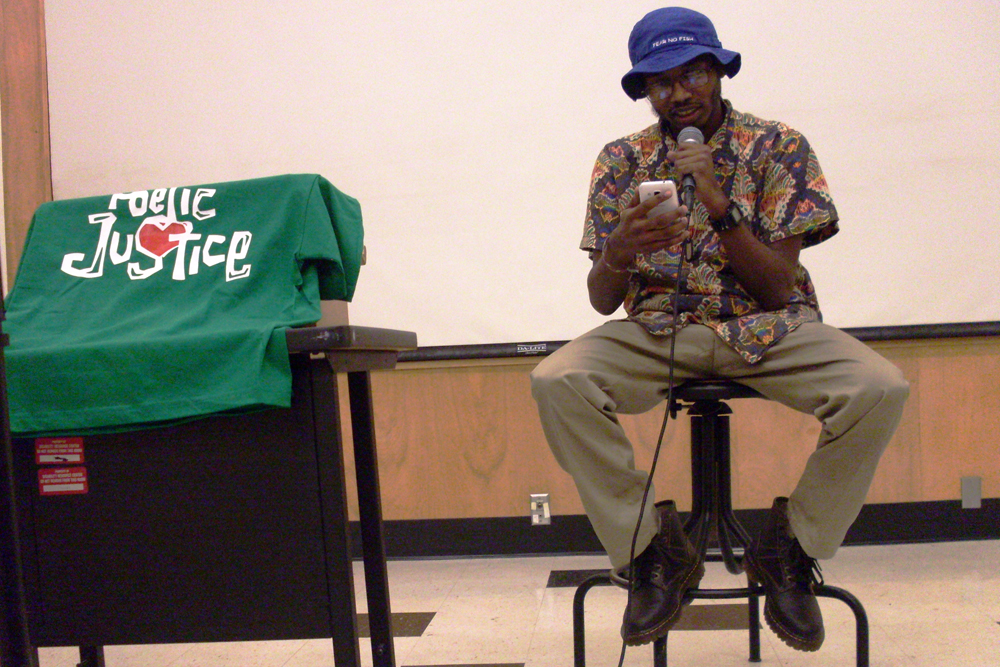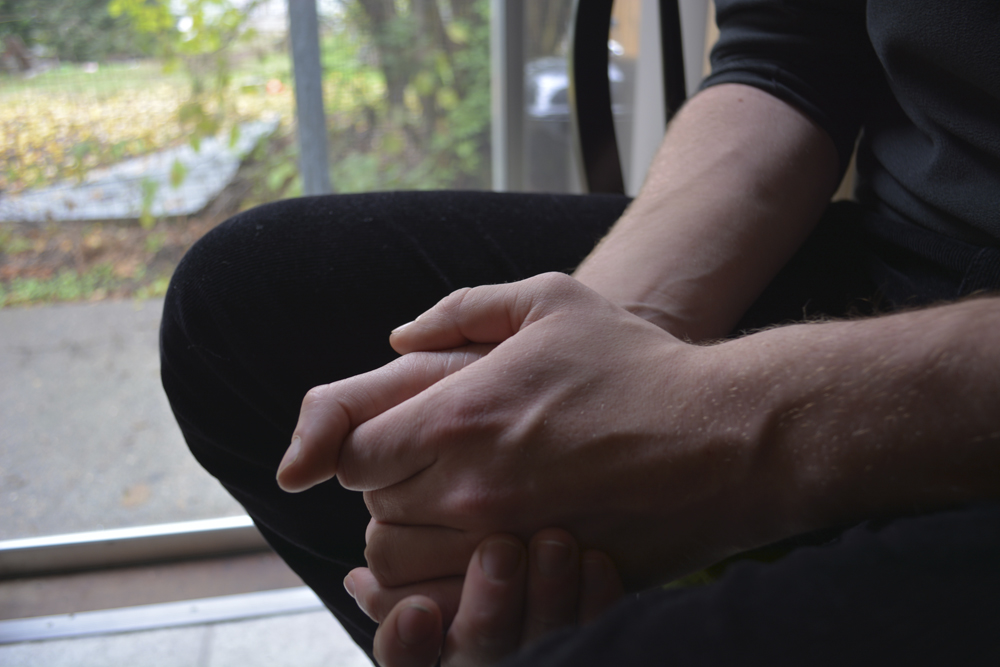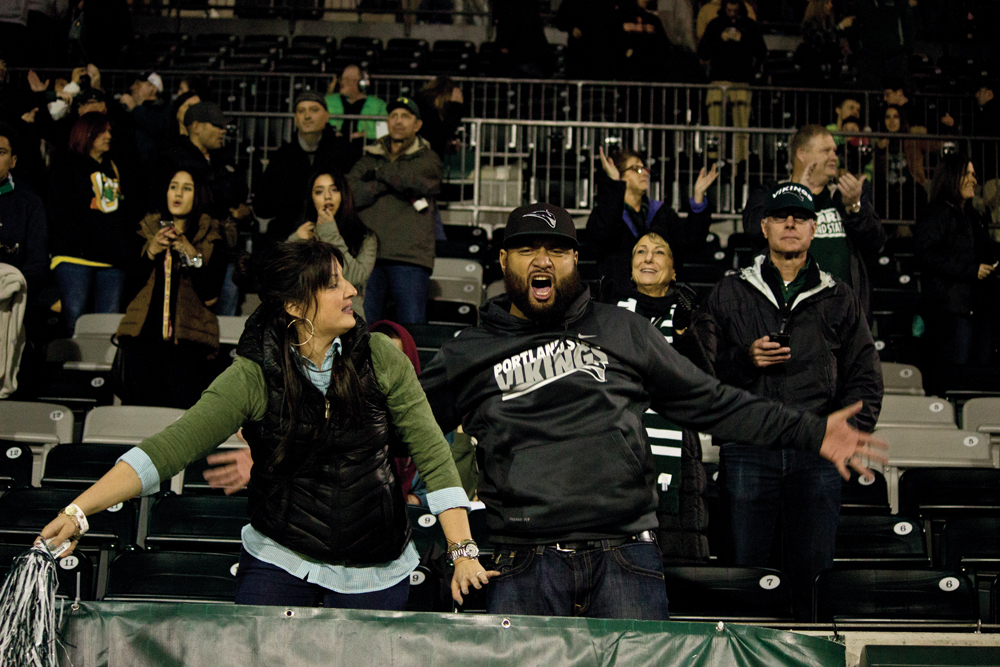So often, free speech is interpreted as “the right for someone to say what I want to hear, in a manner that I approve of.” Let me give a couple of recent examples.
There have been two major college protests in recent weeks that have caught national attention. The first was at Yale, where a student protest erupted over a couple of emails from people in power regarding Halloween costumes. In one particularly disturbing message, a Yale professor addressed students of color and asked them not to be offended by racist costumes, to let the rich, privileged white kids have a bit of fun at the expense of minorities. Clearly this was over the line and, at best, ignorant and insensitive. In a video that went viral, a student is seen screaming at a Yale administrator, apparently for no other reason than that the administrator was related to one of the email’s authors. Both the administration and the infuriated student were expressing their right to free speech, and both were doing a pitifully poor job of it.
The second incident involved the University of Missouri, where the school’s football team went on strike protesting the president of Mizzou’s unwillingness to tackle racial problems on campus. Eventually they were supported by the football team’s head coach, a large number of graduate students and several more faculty members. The president caved and resigned.
These two incidents were similar in the sense that they both involved a group of students protesting structured racism and the unwillingness of those in positions of power to address it. However, the manners in which these issues were addressed were diametric. At Yale, the faculty and students began the discourse with insults, put-downs, thinly veiled racist attacks, virulent name-calling and screaming matches. At Mizzou, the discourse began civilly, then escalated to civil disobedience and peaceful protest. Yale students were attempting to suppress unpopular opinions rather than engaging in an open discourse. The Mizzou students went on strike and called for the university president to resign. The emotional, nearly violent confrontations that the Yale protests begat simply didn’t exist at Mizzou.
We can learn much from these incidents and the results these two approaches led to. Free speech and our right to assemble have been interpreted by the Supreme Court to be about as inclusive and wide-ranging as it possibly can be. Having said that, our society as a whole has been slowly moving in the direction of actual discourse being interpreted as “shouting the other person down as loudly and as obnoxiously as possible.” Why we feel that this is in any way productive, I have no idea. Perhaps the idea isn’t to be productive but rather to simply be the loudest in the room. Clearly, a calm and open discussion produces far more beneficial results than simply screaming past each other.
Today, perhaps more than ever, this is an important thing to remember. As we approach election season, the amount of loud rhetoric totally devoid of facts will only increase in quantity and volume—witness the recent furor over Donald Trump calling for government-mandated identification cards for Muslims. Such racist and bigoted remarks will no doubt come again, and we must be ready to counter such inflammatory statements with rationality and calm discourse.






